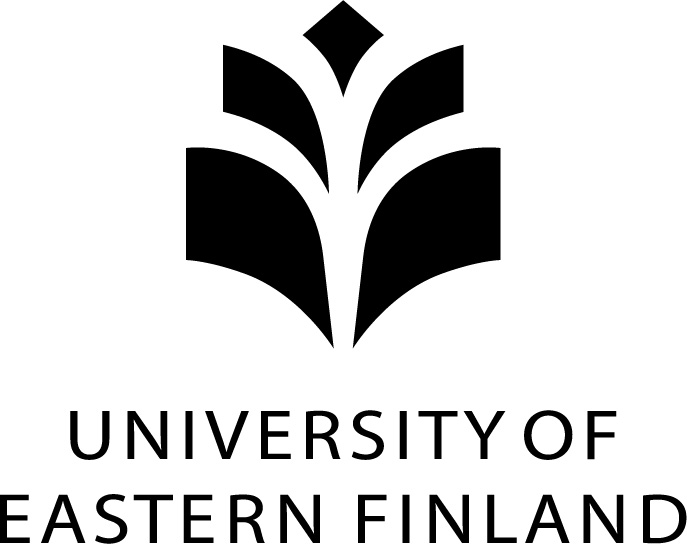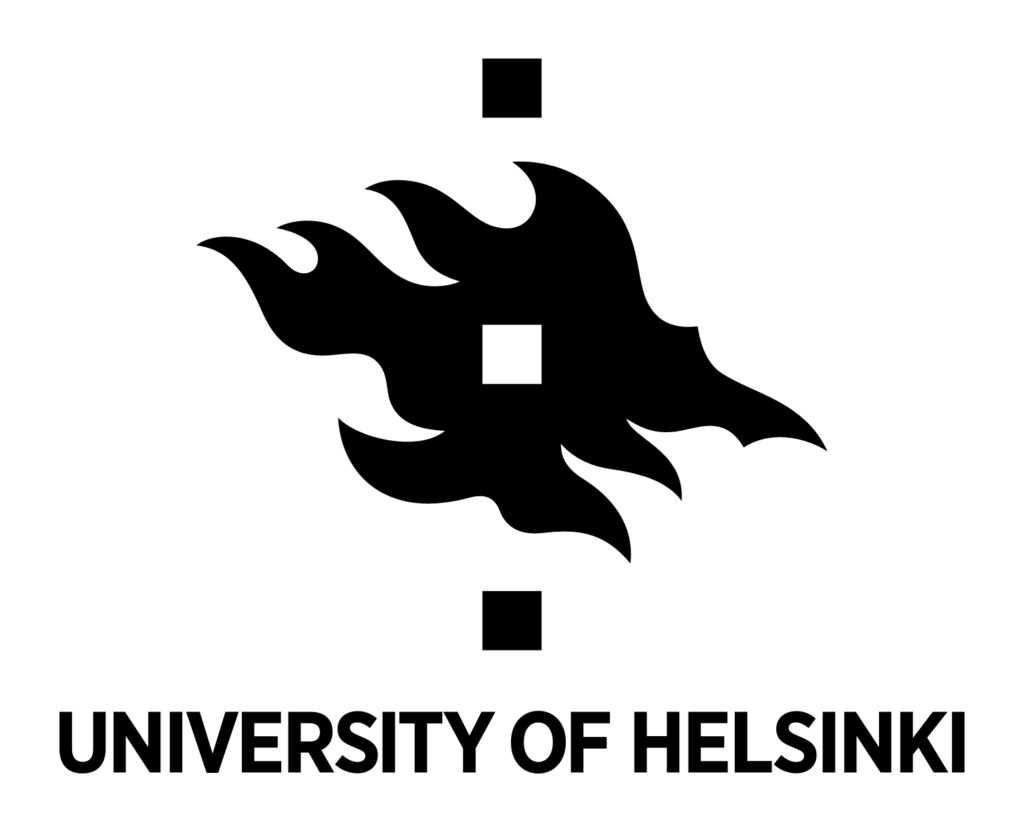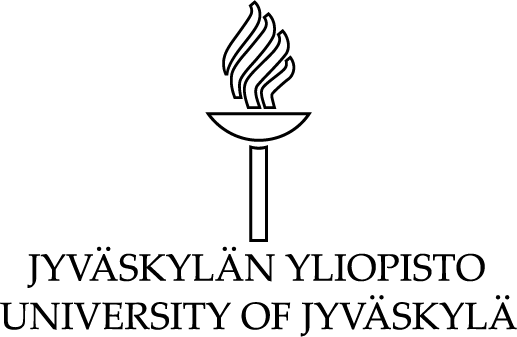TAF Chair in The Financial Times: “Bias against black researchers harms science”

 Disparity hinders our understanding of why Bame communities suffer more from Covid-19, writes Professor Marja Makarow, Chair of Technology Academy Finland in The Financial Times.
Disparity hinders our understanding of why Bame communities suffer more from Covid-19, writes Professor Marja Makarow, Chair of Technology Academy Finland in The Financial Times.
One of the most shocking discoveries about Covid-19 has been its disproportionate impact on black, Asian and other ethnic minority people compared with whites. The extended lockdown in Britain’s Leicester, where significant levels of such communities are believed to be at high risk, only amplifies these findings.
But just as scandalous is that black scientists are unlikely to be given the chance to lead research into why Bame communities are more affected by the disease. That’s because science has long shown a bias against such researchers and the topics they propose to study, such as local interventions or health inequalities.
While we may understand much about the social factors in Bame communities’ vulnerability to coronavirus — they are, for example, increasingly likely to be among poorer
socio-economic groups — we know far less about the scientific reasons. So we need more scientific research and more people from minority communities involved in groups leading
such investigations.
However, evidence shows this is unlikely to happen as ethnic minority scientists are traditionally held back in research. According to UK Research and Innovation figures for 2018-19, senior researchers from a Bame background are half as likely to apply successfully for funding as their white peers.
This matters, because people of such heritage are more at risk from many diseases. Those of African, African Caribbean and Asian backgrounds in the UK have a higher risk of developing some heart and circulatory diseases than white Europeans. Yet proposed research from scientists of colour is often rejected. Take Dr Izzy Jayasinghe, a lecturer in cardiovascular sciences at the University of Leeds: before she won a UKRI leadership fellowship last year she had nine consecutive grant proposals and fellowship applications rejected. Even when Bame scientists do receive funding, they get less: £564,000 on average, against £670,000 for white peers in 2018-19.
In the US, too, black scientists are less likely to be funded by the major organisations — the National Institutes for Health. One in 10 of their proposals received support in 2019, compared with one in six by whites. Crucially, the topics black scientists chose were found partially to drive this divide: they were more likely to focus on community level interventions or health disparities.
“Hard science” applications, such as cellular or molecular science, were more likely to win funding than patient-focused ones — even though this is just the sort of work that could help us understand the inequalities that contribute to some ethnic groups’ higher risk from diseases like Covid-19. As Farah Lubin, associate professor at the University of Alabama, has said, many black researchers pick such fields because of their communities’ underrepresentation in clinical data.
So how can science eliminate this bias? One idea is to put more ethnic minority researchers on selection panels. In the US, this would break a vicious cycle: almost all reviewers are also NIH grantees so the dearth of black scientists receiving awards translates into few black reviewers.
But by itself that won’t solve the problem. Science needs to attract more people from under-represented groups. Imperial College London last year launched an outreach programme aimed at black students. Previous such university initiatives have failed. Can they work this time? Perhaps, in the age of Black Lives Matter, they will.
The bias against black scientists means we’re failing to create inclusiveness and equality in research teams. That is not just damaging to black researchers: science benefits from diverse beliefs, backgrounds and values to balance out bias. The world needs all the talent available to overcome global challenges like pandemics.




















